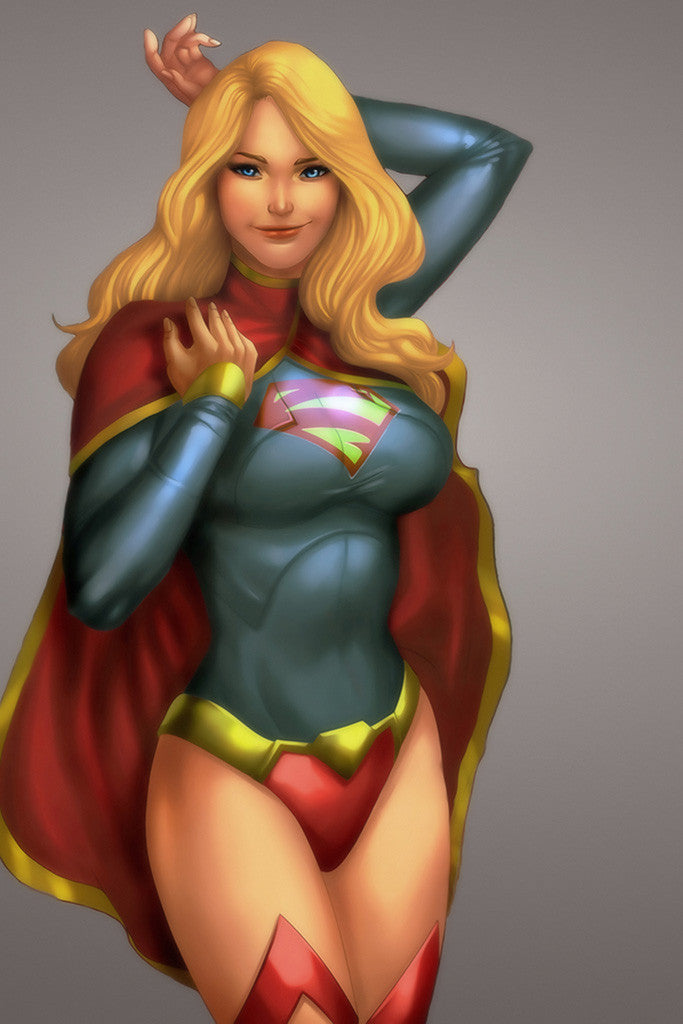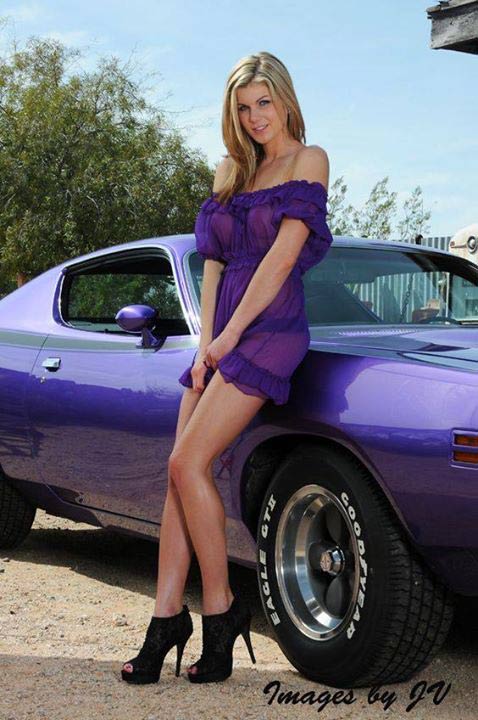
Author Geoffrey Himes wrote "The music was only subtly different ". The Beach Boys, already a highly successful rock band, tapped into the California cruising and drag racing culture, spearheading a short-lived rock music craze commonly referred to as "hot rod rock". The muscle car craze, as well as the surge of interest in sports car racing, brought several cars referencing performance cars. Many groups emerged that took their names from car brands: the Impalas, the El Dorados, the Cadillacs, the Fleetwoods, the Starfires, the Rivieras, Little Anthony and the Imperials, among numerous others. " Walk Don't Run" by the Ventures, " Rumble" by Link Wray, or " Sleep Walk" by Santo & Johnny could all serve a slow entrance, "Let's Go for a Ride" by the Collegians, " You Can't Catch Me" by Chuck Berry, or " Rebel-'Rouser" by Duane Eddy worked for a more speedy approach, and " No Particular Place to Go" by Chuck Berry worked for all situations. Many 1950s songs could serve as soundtracks to play in one's car when approaching a drive-in restaurant or meeting someone.

Although the Johnny Mercer song " Skylark" was actually released in 1942, it became the inspiration for the Buick Skylark that debuted in 1953. Among the best known of the genre were " Hot Rod Race" by Arkie Shibley and His Mountain Dew Boys and the answer song " Hot Rod Lincoln" by Charlie Ryan. Jackie Brenston had a hit with " Rocket 88", attributed to Ike Turner, praising the Oldsmobile Rocket 88.
#Girls with muscle cars full
The car song began to emerge in full in the burgeoning rock and roll scene in the early 1950s.

Jackson calls "the best-known car song ever written about the automobile." Full development In 1905, Gus Edwards premiered the song " In My Merry Oldsmobile", a tune which Kenneth T. Eventually, some of these songs took on words, such as Henry Krull's "Automobile Races". Dance, ragtime, and march compositions began emerging that, though wordless, were musically inspired by the automobile. Many of the earliest pieces had no lyrics, instead attempting to musically emulate the sounds of the automobile, such as "The Motor Car" (1903) and "The Auto Race" (1904). In the turn of the twentieth century, the recent invention of the automobile began to appear within popular music.


 0 kommentar(er)
0 kommentar(er)
